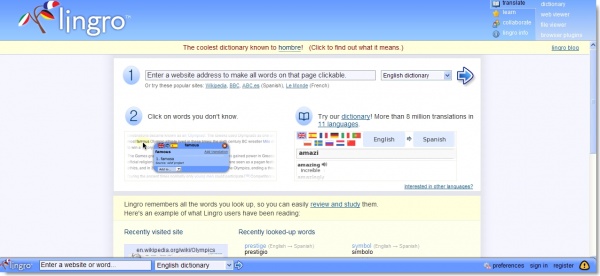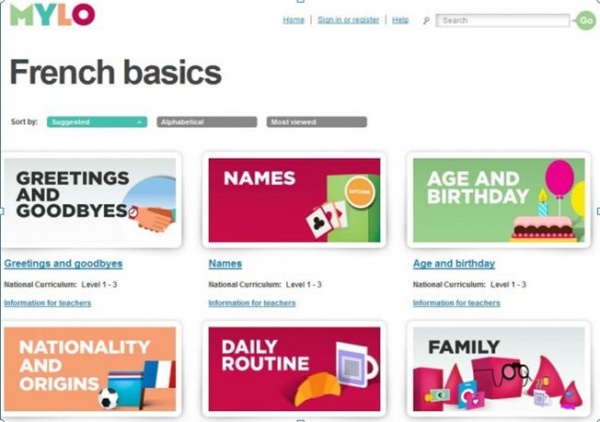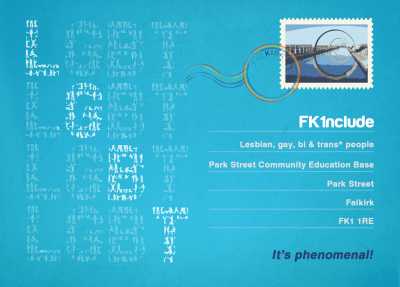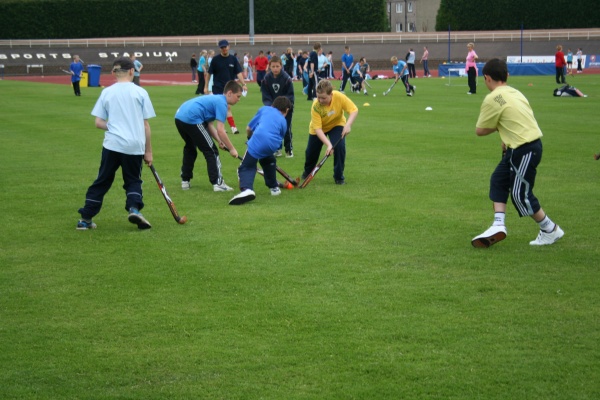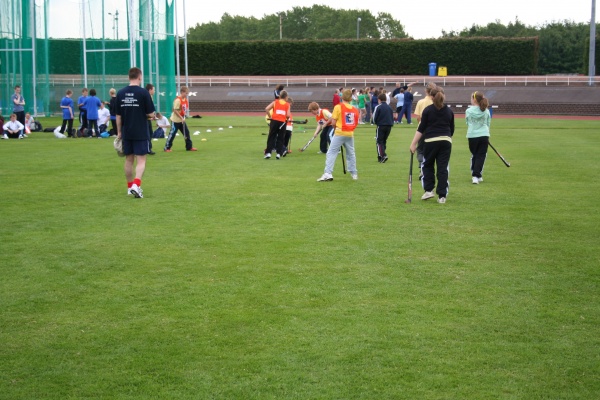Sharon Wallace, Effective Teaching and Learning Teacher, Curriculum Support Team, has been carrying out some research with pupils in Falkirk establishments to see what they really think about Active Literacy and how they think it helps them to learn.
We first asked the pupils:
“How would you describe active literacy”?
It is fun and really exciting! It is also very helpful with spelling words, I really like it (P6/7)
Active literacy is a language task that is used to help children improve their spelling and sounds (P7)
It helps you see the phonemes in words (P6/7)
Fun if you are working with a partner (P4/5)
I would describe it as a fun lesson to learn different phonemes and spelling rules to help us spell accurately although I enjoy the tasks (P7)
Fun, great way of learning and very helpful for spelling and understanding of spelling (P6)
A better way than spelling tests (P4/5)
I do like active literacy, but sometimes it can be difficult (P5)
We then asked the pupils how they think Active Literacy has helped them in class and this is what they said:
The spelling rules and syllabification.
I understand my literacy work more using active literacy.
I have got better at spelling and I learn lots of new words.
It helps me get better at my literacy work because we learn different language rules that we remember to help us spell so our work is correct.
It has helped me get better because I really understand it now.
I have learned more about the sounds of words.
It helps you see phonemes in words.
I have learned loads using active literacy.
Here are a few pupil quotes:
“I like active literacy because it helps me improve on my story writing and phonemes. I really like the active literacy homework. I like the spellings”. (P4)
“I like active literacy because I am a better reader and speller and I like all the fun tasks for homework. My favourite task is bubble spelling”. (P4)
“I like active literacy, my favourite part is Elkonin boxes. I prefer Elkonin boxes to diacritical marking, but at least it is helping with my vocabulary and spelling. For homework I like the jingles. My spelling has improved since I started Active Literacy. (P7)

